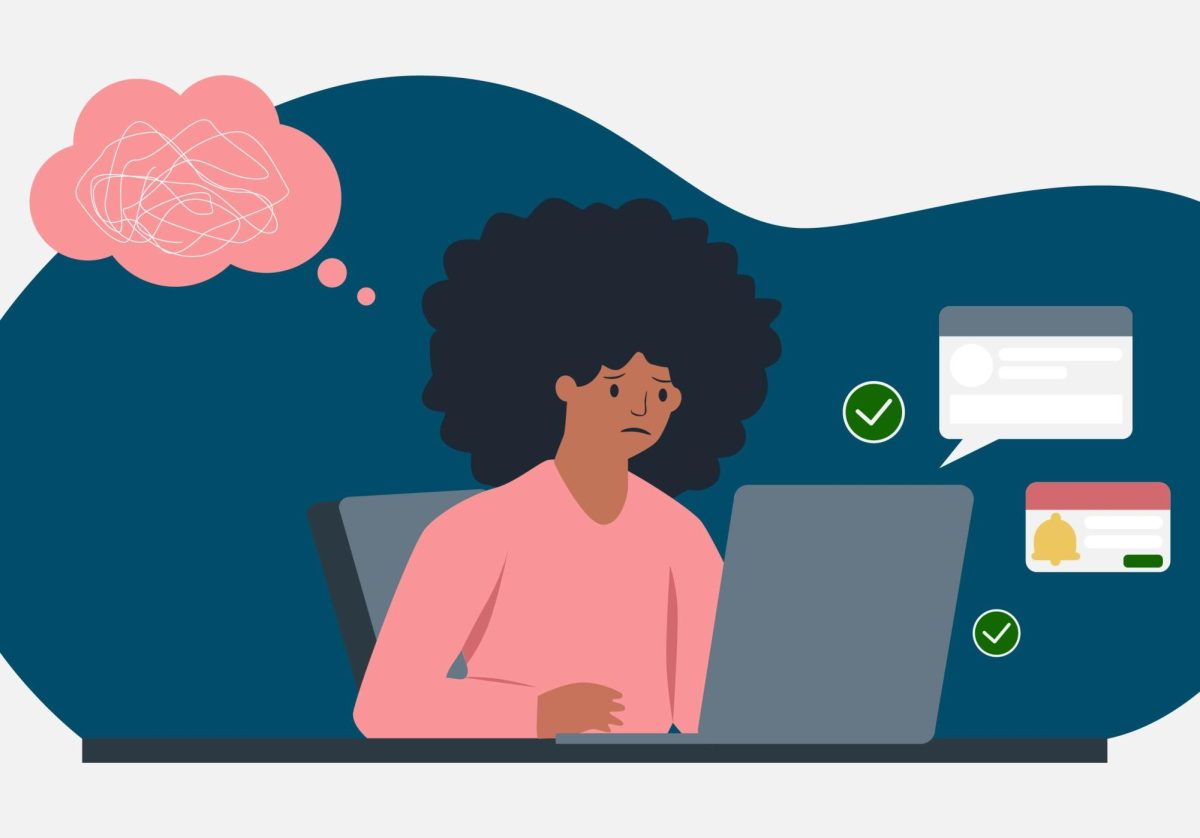Recently, I created a policy that I have vowed to abide by to the best of my ability. I told myself that when I am out in public with someone else, I would never use my phone unless it was completely necessary. As you can imagine, I caught myself multiple times reaching for my phone to check for any notifications. I have no idea what I so desperately wanted to check for, but my hand began to reach out for my phone and I brought it back at the last moment. One day, I decided to keep my phone completely out of sight. I now keep it in my pocket or in my purse when I carry it.
I have kept this promise to myself thus far. So, I started reflecting on the influence of cell phones in our lives. Don’t get me wrong, cell phones have made communication a lot easier compared to before we had them. Now, we can access anything, anywhere, anytime. But this comes at a price if used carelessly.
The people who are paying dearly for addiction to cell phones are our youth and children more than adults. Some researchers, like Simon Leggett, say cell phones can “dominate children’s lives.” Being without cell phones can make young people feel lonely or as if they are missing out on something.
Some young people have developed an intense attachment to cell phones, so much so that they keep it beside their beds and without it, their discomfort level becomes unbearable. One statistic suggests that 57% of youth have their phone by their bedside while 44% claimed that they felt uncomfortable without it. Another 42% claimed to have kept their phones on their person at all times.
Try to imagine it. It is really scary for me to even think about this because I know when we give our youth and children phones, we rarely, if ever, warn them about the occasionally dark consequences of owning a cell phone. We neglect to tell them that it will break them mentally if not handled carefully.
From a personal account, I witnessed teenagers getting irritated for being called away from their phones and then storming away with gloomy faces. I wished it was just an Oscar-worthy performance, but it was real, misplaced anger. Imagine a parent having to deal with a baseless tantrum that their child thinks is valid. To be honest, I don’t think being deprived of cell phones is any better in this day and age, but by educating our youth about the grim side of cell phone usage while also emphasizing the good side could save a lot of children from feeling lonely and overly attached to their devices.
A study done by psychologists found that young people lack social skills, emotional intelligence and empathy the more they are attached to their devices. There is a culture of not invading the privacy of your children, but at what cost? I don’t mean to generalize, because there are many emotionally intelligent young people, but the forgotten ones behind their closed doors deserve to be in the company of their loved ones. You see homes with a nuclear family and every child behind their closed bedrooms left alone with their cell phones. This is horrible.
I have also seen adults in social places glued to their phones with their heads down. Some were even sitting at a table with another person, yet both were distracted by their phones. I take Metro Transit often and I find myself looking at my phone as time passes, along with the majority of people riding. We can’t bear to be alone with our thoughts. On the street, you see people maneuver almost instinctively as they navigate through the crowd. But sometimes, the distracted pedestrian would disrupt that flow. Maybe they might even walk into the traffic if not careful.
I think we have a huge problem if even as adults, we can’t go a day without looking through our phones, to the point that we even take it with us into bathrooms. We cannot talk about wanting to help youth reconnect with society while as adults, we are not any better. Our young people learn by example, so let us be that example for them.














Stevet
Oct 25, 2021 at 5:32 am
Try taking it out and having it switched off. Or switch to a dumbphone